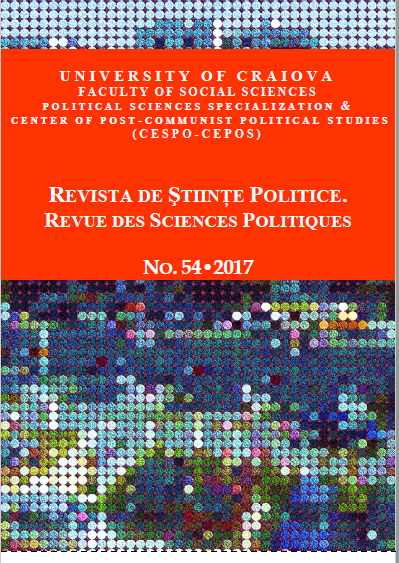Employee Companies as a form of dissemination of ownership within the period of state enterprises privatization in Poland since 1990
Employee Companies as a form of dissemination of ownership within the period of state enterprises privatization in Poland since 1990
Author(s): Sławomir KamosińskiSubject(s): Business Economy / Management, Economic history, Evaluation research, Transformation Period (1990 - 2010)
Published by: Editura Universitaria Craiova
Keywords: enterprise privatization and restructuring; Employee Company; state enterprise; employee participation;
Summary/Abstract: Ownership transformations of the Polish state enterprises commenced upon the Act on privatization of state enterprises of 13th July 1990. The legislator determined that decision on entering the path of privatization depended in the first place on the employees of a particular state enterprise, and so did the form of privatization. The relevant application was prepared by the employees’ council having consulted all employees at a general meeting. A similar document was prepared by the trade unions acting at factories. Agreement of the employees for the privatization process allowed first to transform the particular state enterprise, into a sole shareholder company of the State Treasury, and then to conduct the relevant privatization process. In Poland after 1990 the most popular privatization path was the direct privatization, consisting in liquidation of state enterprise and transforming it into the employee company. Such form of ownership transformation was considered a phenomenon of Polish privatization. The news said, "Staff and managers of the enterprise subject to such method of privatization must have enough courage to conduct company activities and bear the responsibility". Such form of privatization was selected mainly by small and medium enterprises. Popularity of the form depended on several factors. First of all, staff of the employee company was convinced that they would gain a real impact on decisions concerning the company and they would participate in managing it. They hoped to achieve significant financial profits owing to revenues generated by the company and thus hoped to get secure employment. In Poland within 1990-1997, so within the period of most intensive ownership transformations, the said privatization path was selected by 65% of all state enterprises that were subject to privatization. Basing on selected examples, the paper presents the process of creation of the Employee Company. Workers' opinions were gathered and presented. Particular attention was directed to methods of valuation of state enterprises prepared for privatization by using the aforementioned method. Moreover, economic condition and situation of these enterprises were analyzed herein.
Journal: Revista de Științe Politice. Revue des Sciences Politiques
- Issue Year: 2017
- Issue No: 54
- Page Range: 59-69
- Page Count: 11
- Language: English

